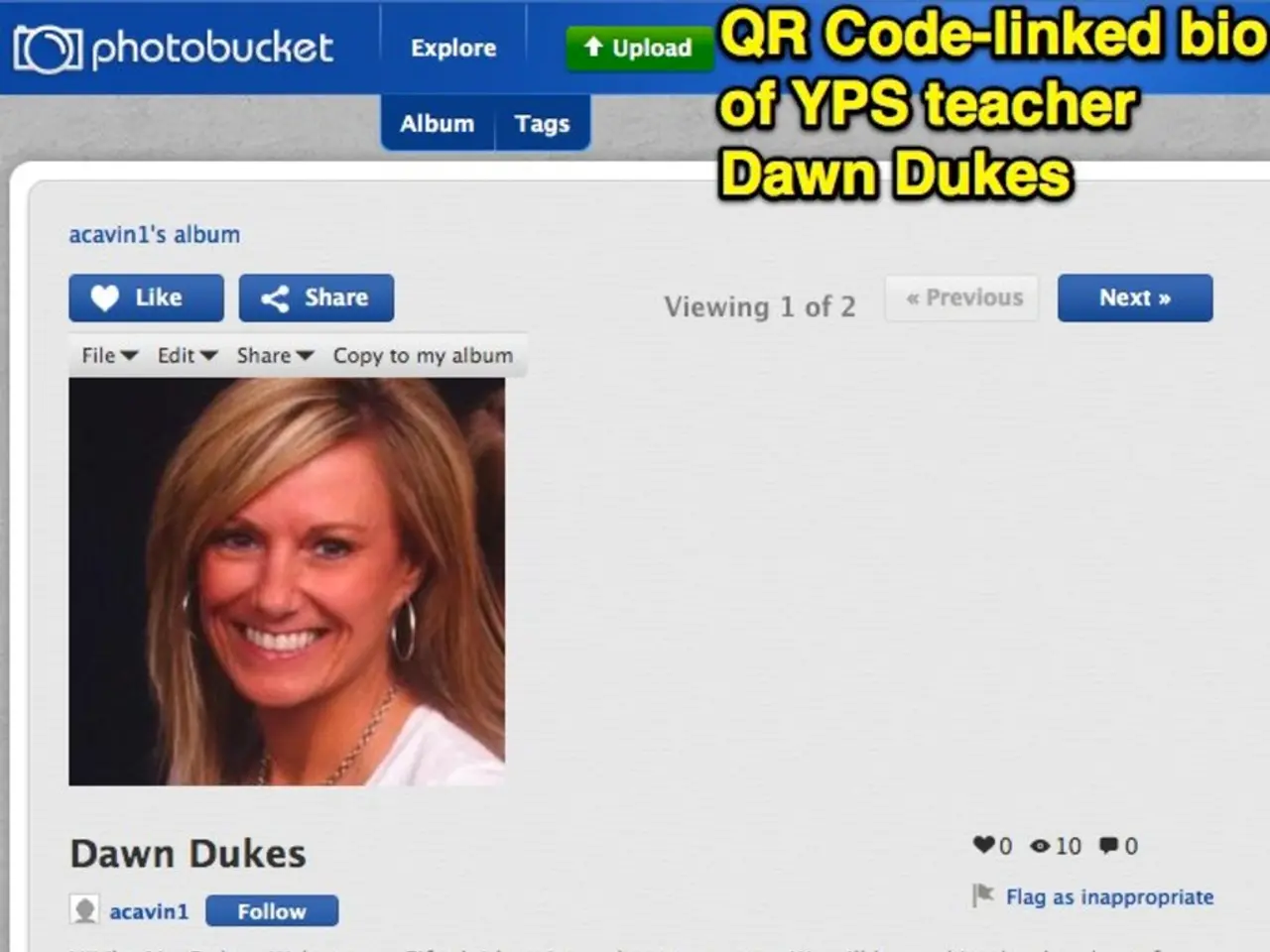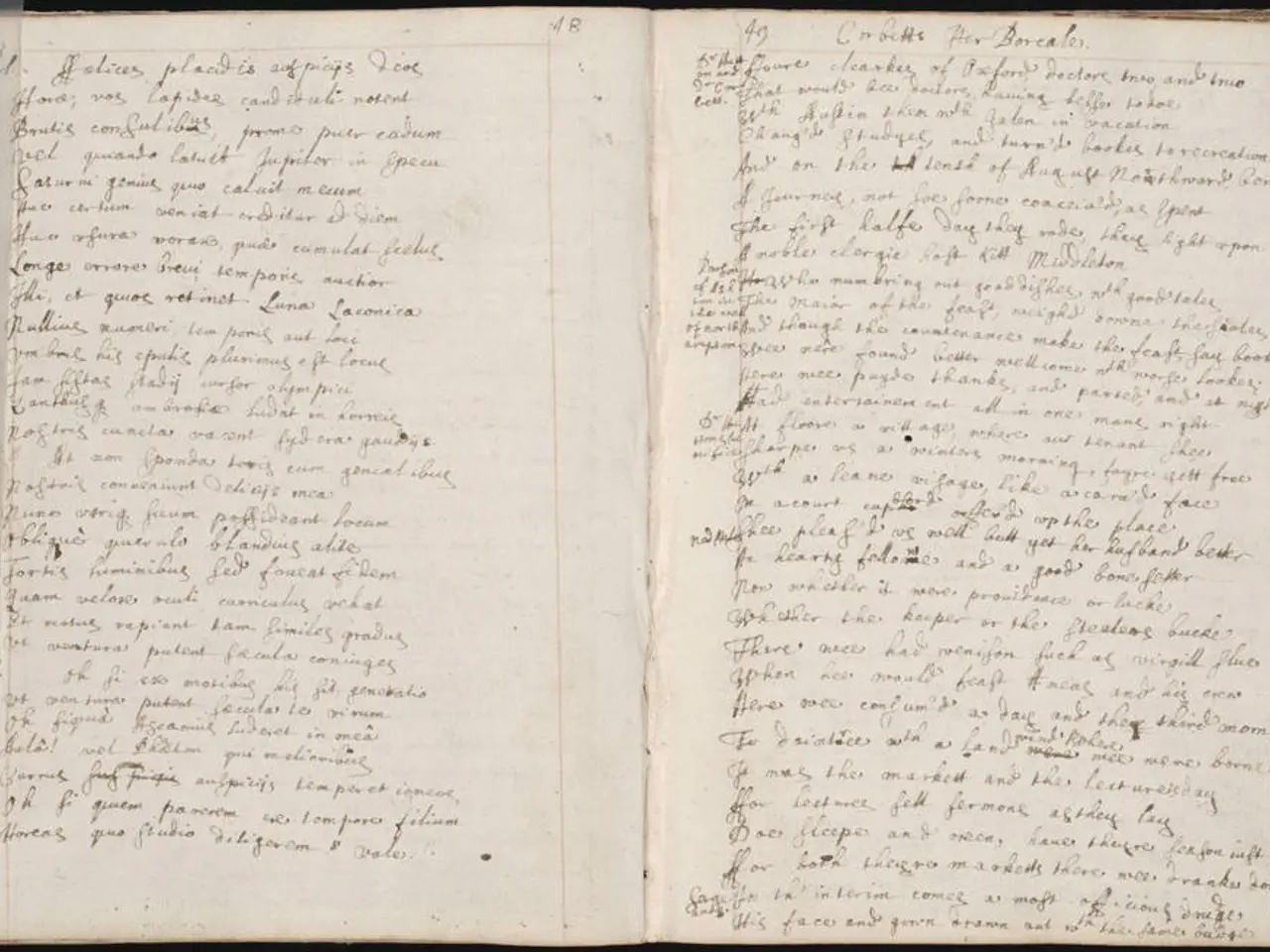Anticipated legal action as Harvard confronts the Trump administration in federal court
### Title: Harvard-Trump Administration Funding Dispute Heads to Court as Research Projects Hang in the Balance
In a significant legal battle that has far-reaching implications for academic freedom, university research, and the relationship between higher education and the federal government, Harvard University and the Trump administration are locked in a dispute over the withholding of over $2 billion in federal research funding.
The dispute, which has been ongoing since spring 2025, centres around allegations of civil rights violations and the extent of federal oversight over university policies. The Trump administration claims that Harvard violated Title VI of the Civil Rights Act by failing to adequately address antisemitism, while Harvard contends that the funding freeze is illegal, retaliatory, and an overreach by the federal government.
The administration froze or cancelled more than $2 billion in federal grants and contracts to Harvard, affecting over 900 research projects in medicine, science, technology, and other critical fields. The funding freeze has halted hundreds of research projects, including studies on cancer, biotechnology, and student mental health. Harvard warns that prolonged loss of funding could jeopardise scientific progress, faculty retention, and the university’s ability to attract top talent.
Harvard has taken steps to appear cooperative, such as removing websites for certain student centers, but negotiations between the two parties have so far failed to produce a settlement. The administration states that it is acting within its authority by not funding institutions that fail to adequately address antisemitism.
The case is being heard in U.S. District Court in Boston, with Harvard seeking summary judgment to reverse the funding cuts quickly. The hearing is expected to last one day, but legal experts anticipate appeals regardless of the initial ruling, meaning a final resolution could take months or years.
The dispute has become a significant point of contention, with both sides framing the issue in terms of their respective values. Harvard and its supporters argue that the administration’s demands—such as altering admissions and hiring practices, and disclosing disciplinary records of international students—constitute an unconstitutional intrusion into academic autonomy and freedom of expression. They frame the funding freeze as punishment for Harvard’s refusal to comply with these demands, setting a precedent that could allow future administrations to pressure universities on matters of curriculum, hiring, or speech.
On the other hand, the Trump administration argues that it is simply enforcing existing Civil Rights Act regulations and that Harvard has failed to address antisemitism on campus following the October 7, 2023, Hamas attacks on Israel. The administration has terminated $2.4 billion in federal awards for Harvard, affecting over 950 ongoing research projects.
The outcome of this case is being closely watched across higher education, as dozens of other universities have also had federal grants frozen. The dispute raises questions about federal leverage over academic institutions and the potential chilling effect on research and academic freedom.
As the case moves forward, both parties will need to navigate the delicate balance between federal support and institutional autonomy. Oral arguments are underway in federal court in Boston, and a decision, while anticipated, is not yet in sight. The stakes are high, not only for Harvard but for universities nationwide, as they grapple with the complex interplay between federal funding and academic independence.
- The ongoing dispute between Harvard University and the Trump administration over federal research funding, centered on allegations of civil rights violations and university policies, has broader implications in the realms of politics, education-and-self-development, and general news.
- The legal battle between Harvard and the Trump administration, which has halted hundreds of research projects in medicine, science, technology, and student mental health, is a significant point of contention in the politics of academic freedom and self-development, as well as general news concerning higher education.




